Hello! If you’re of Korean descent, you may be interested to know that there is an F4 visa available that allows you to live and work in South Korea. This visa is specifically designed for foreign nationals who are of Korean descent and provides a unique opportunity to connect with your roots and experience life in Korea.
To apply for an F4 visa, there are several requirements that you must meet. First and foremost, you must be able to prove that you are of Korean descent. This can be done through a variety of methods, including family records, genealogy documentation, and even DNA testing. Once you have established your Korean heritage, you will need to gather the necessary paperwork and submit an application to the Korean embassy or consulate in your home country.
The application process can be complex, but we’re here to help guide you through each step of the way. Our team of experts has years of experience helping foreign nationals obtain F4 visas, and we know what it takes to make a successful application. We can assist you with everything from gathering the necessary documents to filling out the application form and preparing for your visa interview.
In addition to helping you with the application process, we can also provide you with valuable information about life in South Korea. Whether you’re interested in learning about the culture, finding a job, or simply exploring the country’s many attractions, we can help you make the most of your experience.
We hope that this information has been helpful to you, and we look forward to working with you to obtain your F4 visa and start your new life in South Korea!
1. Eligibility Criteria for an F4 Visa
To be eligible for an F4 visa, you must meet the following criteria:
a. Former South Korean nationality: You held South Korean nationality (including those who emigrated before the establishment of the South Korean government) and have since acquired foreign nationality. This means that you were once a citizen of South Korea but have renounced your citizenship and now hold citizenship from another country.
b. Direct descendant of a former South Korean national: You are a direct descendant (child or grandchild) of a person who meets the criteria and has acquired a foreign nationality. In this case, your parent or grandparent was once a South Korean citizen but renounced their citizenship and now holds citizenship from another country. As their direct descendant, you also hold a foreign nationality and are therefore eligible for an F4 visa.
It is important to note that additional restrictions may apply to male applicants between the ages of 18 and 40 who have not completed their mandatory military service in South Korea. These individuals may not be eligible for an F4 visa until they turn 41 years old or complete their military service.
Additionally, individuals who have violated Korean immigration laws or have a criminal record may face restrictions or ineligibility for an F4 visa. Always check the specific requirements and eligibility criteria outlined by the South Korean embassy or consulate in your country or region.
2. How to Determine Your Eligibility
To find out if you are eligible for an F4 visa, follow these steps:
a. Review family documents: Gather and examine your family documents, such as your family registry, birth certificate, and passport, to confirm whether you or your parents held South Korean nationality. These documents can help establish a connection to South Korea and provide evidence of your eligibility for an F4 visa.
b. Determine foreign nationality acquisition: If your parents held South Korean nationality, check whether you acquired a foreign nationality as their direct descendant. This means that you were born to parents who held South Korean citizenship but have since acquired citizenship in another country, making you eligible for an F4 visa.
c. Seek assistance: If you are unsure about your eligibility or require further clarification, contact the nearest South Korean embassy or consulate for assistance. They can provide guidance on eligibility criteria and help you determine if you qualify for an F4 visa.
Remember, eligibility criteria may differ based on your specific situation, and additional factors such as military service requirements or prior violations of Korean immigration laws could impact your eligibility. It is essential to consult with the appropriate authorities to ensure you have a clear understanding of the F4 visa requirements and your eligibility.
3. Proving Your Korean Heritage
If you have Korean heritage but are uncertain how to prove it, consider the following options:
a. Connect with your relatives who may possess documentation or knowledge about your family’s history in South Korea. They might have access to family registries, birth certificates, or other documents that can establish your Korean heritage.
b. Explore your family tree using genealogy websites or services that specialize in Korean ancestry. These resources can help you trace your family lineage and potentially uncover documents that prove your Korean heritage.
c. Engage with local Korean community organizations or cultural centers. They may be able to assist you in your search for documentation or provide guidance on where to look for additional information.
d. If you are still unable to find concrete proof of your Korean heritage, consult with the nearest South Korean embassy or consulate. They may have additional resources or suggestions for proving your heritage and determining your eligibility for an F4 visa.
To demonstrate your Korean heritage for an F4 visa application, you may need to provide some of the following documents:
- Family registry (호적등본): This document contains information about your family’s lineage, relationships, and history in South Korea. It can be obtained from your Korean relatives or requested from the local district office (구청) in South Korea.
- Birth certificate (출생증명서): This document indicates your date and place of birth, as well as your parent’s information. If you or your parents were born in South Korea, your birth certificate can help establish your Korean heritage.
- Korean passport or identification card (여권 또는 주민등록증): If you or your parents have previously held a Korean passport or identification card, this can serve as proof of Korean heritage.
- Renunciation certificate (국적상실증명서): If you or your parents have renounced Korean citizenship, this document can help establish your previous Korean nationality.
- Marriage certificate (결혼증명서): If your parents or grandparents were married in South Korea, their marriage certificate can help establish your Korean heritage.
- Adoption records (입양증명서): If you or your parents were adopted from South Korea, the adoption records can help establish your Korean heritage.
- Naturalization certificate (귀화증서): If you or your parents have become naturalized citizens of another country, this document can help show your previous Korean nationality.
- Military service records (병역증명서): If you or your male relatives have served in the South Korean military, these records can help establish your Korean heritage.
- Other relevant documents: Any additional documents that demonstrate your Korean heritage, such as school records, property ownership records, or immigration records, can be helpful in proving your eligibility for an F4 visa.
When preparing your F4 visa application, ensure you provide certified translations of any documents that are not in Korean or English. Keep in mind that the specific documents required may vary depending on your individual circumstances and the requirements of the South Korean embassy or consulate processing your application.
4. Essential Documents for F4 Visa Application
When applying for an F4 visa, be prepared to submit the following documents:
a. Filled-out visa application form: Acquire and complete the F4 visa application form, available on the website of the South Korean embassy or consulate in your country or region. Ensure that you provide accurate information and sign the form.
b. Passport-sized photograph: A recent passport-sized picture, taken within the past six months, featuring a white background is required. The photo should display your entire face without any head coverings (unless for religious purposes) and adhere to standard passport photo guidelines.
c. Valid passport: Include your original, valid passport with the application. The passport must have a minimum of six months of remaining validity and at least one empty visa page.
d. Evidence of eligibility: Present documents that prove your Korean heritage and F4 visa eligibility. Depending on your unique situation, this might involve a family registry, birth certificate, renunciation certificate, naturalization certificate, or other pertinent documents. For any documents not in Korean or English, provide certified translations.
e. Visa application fee: Pay the visa application fee when submitting your application. The fee amount can vary based on your nationality and the embassy or consulate handling your application, so confirm the specific fee for your case.
f. Criminal background check (Optional): If you are applying for a Korean Overseas Resident Card (국내거소신고증) at the same time, a recent criminal background check conducted by a recognized authority in your country of residence is required. This document is optional for F4 visa application but may be requested by the South Korean embassy or consulate as part of their additional documentation requirements. A criminal background check is necessary to ensure that you have no criminal record that could pose a risk to public safety.
Along with these primary documents, the South Korean embassy or consulate may require additional documentation based on your personal circumstances. Check their website or reach out to them directly for any particular requirements. Keep in mind that the processing time for an F4 visa application can differ, so plan ahead and apply well before your planned travel date.
5. F4 Visa Application Process
To apply for an F4 visa, follow these steps after gathering the necessary documents:
a. Locate the nearest South Korean embassy or consulate in your country.
b. Submit your visa application, along with the required documents and application fee, to the embassy or consulate.
c. The embassy or consulate will review your application and may request additional documents or an interview for further assessment.
d. If your application is approved, your passport will be stamped with the F4 visa.
6. Obtaining Overseas Korean Resident Card (국내거소신고증)
The Overseas Korean Resident Card (국내거소신고증) is an identification card for overseas Koreans, used as an alternative to a resident registration card or a foreigner registration card for various purposes, such as opening a bank account, joining local health insurance, or reissuing a driver’s license.
- Required documents for domestic residence report card application:
- Overseas Korean Resident Card (application) form
- Original passport and one photocopy
- Colour photo (3.5cm x 4.5cm) with a white background
- Application fee: KRW 30,000
- Citizenship certificate
- A basic certificate with nationality loss notation (issued within the last 3 months
– If nationality loss has not been processed, provide the nationality loss report receipt, basic certificate, and family relationship certificate. - Proof of residence (property registration, rental contract, or confirmation of residence from a family member)
- Important notes:
- After entering South Korea with an F-4 visa, apply for the domestic residence report card within 90 days at the local immigration office.
- To extend the residence card’s validity, apply at the local immigration office or through the Hi Korea website.
- If you lose or damage your residence card, submit a re-issuance application form with a photo and supporting documents to the local immigration office.
- For questions regarding extending your residence card, health insurance, banking, or taxes, call 1345 without an area code for more information.
Additional documents may be required, such as:
- Family Relationship Certificate
- Marriage Certificate (issued within the last 3 months) – can be issued by proxy
- Name Change Document (if your Korean and English names are different)
- Foreigner’s occupation and annual income statement (외국인 직업 및 연간소득 금액신고서)
- Pledge not to engage in any non-permitted work (국내 단순노무업종 비취업 서약서)
- A criminal background check (apostilled for countries other than Korea and must be certified by the Korean embassy for Canadian citizens)
- Exemptions apply for individuals aged 60 or over, under 13, immediate family members of independence fighters, and those who have made special contributions to the nation.
- If you have resided in another country for more than one year within the past ten years, you may need to submit a criminal background check from that country as well.
7. Extending Your Stay on an F4 Visa
If you wish to extend your stay in South Korea beyond the initial visa period, you must apply for an extension at your local immigration office. Make sure to apply for the extension before your visa expires to avoid any issues.
In conclusion, if you have Korean heritage and possess a foreign nationality, acquiring an F4 visa presents a valuable opportunity to live and work in South Korea. However, be aware that F4-eligible teachers cannot obtain an E2 visa, and EPIK teachers may face challenges securing an F4 visa at short notice. As such, it is wise to secure an F4 visa well in advance.
By familiarizing yourself with the eligibility criteria, providing proof of your Korean heritage, and adhering to the application process, you can turn your dream of residing in South Korea into reality. With this visa, you can enjoy the numerous benefits of being a permanent resident, including access to healthcare and education. If you require assistance or guidance during the process, don’t hesitate to reach out to the nearest South Korean embassy or consulate. The staff at these offices are generally very helpful and can address any questions you may have about the visa application process or life in South Korea as a permanent resident.
Frequently Asked Questions
Q1: What is an F4 visa? A1: The F4 visa, or Overseas Korean visa, is a long-term visa for people of Korean descent with foreign citizenship, allowing them to live and work in South Korea.
Q2: Who is eligible for an F4 visa? A2: Eligible applicants include former Korean citizens, individuals with a Korean parent, or those with a parent who previously held Korean citizenship. Check with the nearest South Korean embassy or consulate for specific details.
Q3: How do I prove my Korean heritage? A3: Provide documents like your family registry or birth certificate as proof. You can obtain these from the Korean Immigration Service or your local South Korean embassy or consulate.
Q4: How long is an F4 visa valid?
A4: F4 visas are typically valid for three years, with possible extensions available before expiry.
Q5: Can I work with an F4 visa in South Korea?
A5: Yes, F4 visa holders can work in most professions, although some regulated fields may require additional permits.
Q6: How do I apply for an F4 visa?
A6: Apply at the nearest South Korean embassy or consulate, submitting a completed application form, passport, photos, proof of heritage, and other required documents.
Q7: Can I bring my family on an F4 visa?
A7: F4 visa holders can bring their spouse and dependent children, but each family member must apply for their respective visa (e.g., F3 visa for a spouse) and meet eligibility requirements.
Q8: What if my F4 visa expires, and I want to stay?
A8: Apply for an extension at your local immigration office before your visa expires, prepare the necessary documents and follow the application process.
Q9: How do I convert my F4 visa to another visa type?
A9: Apply for the new visa category at your local immigration office, gathering the required documents and following the application process accordingly.
Featured Image by Juwhan Yu
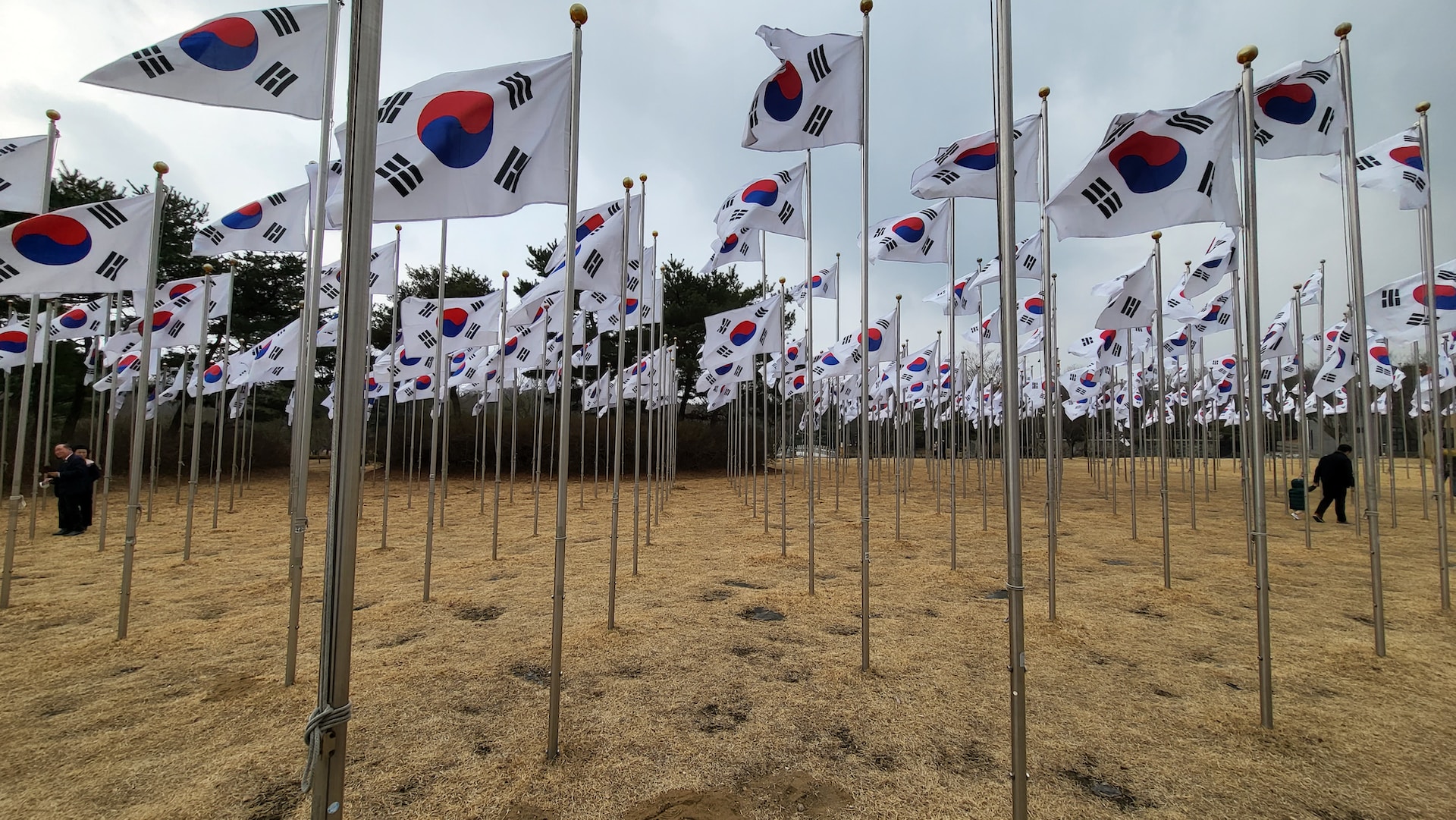
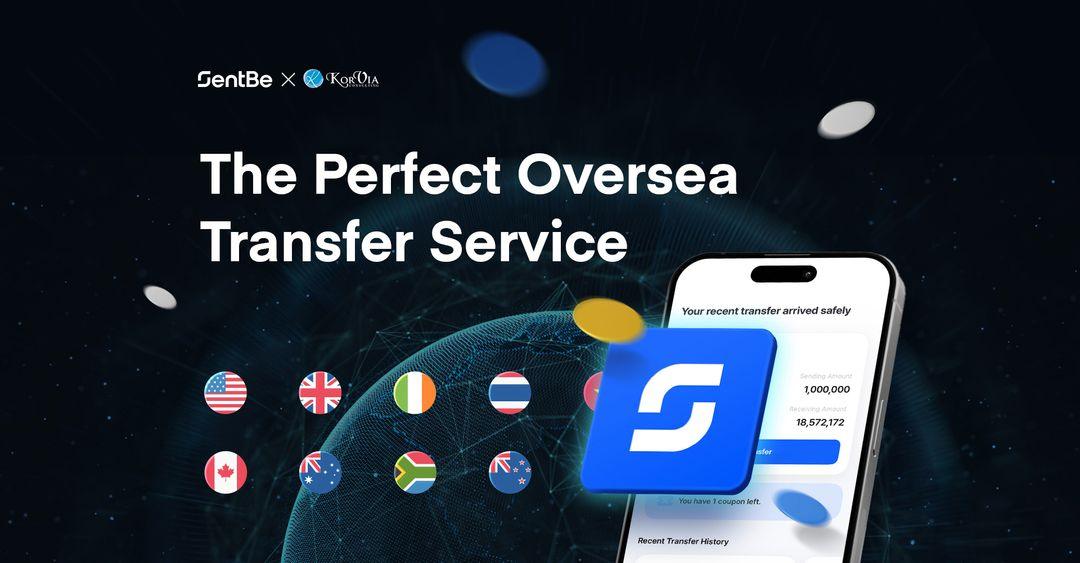
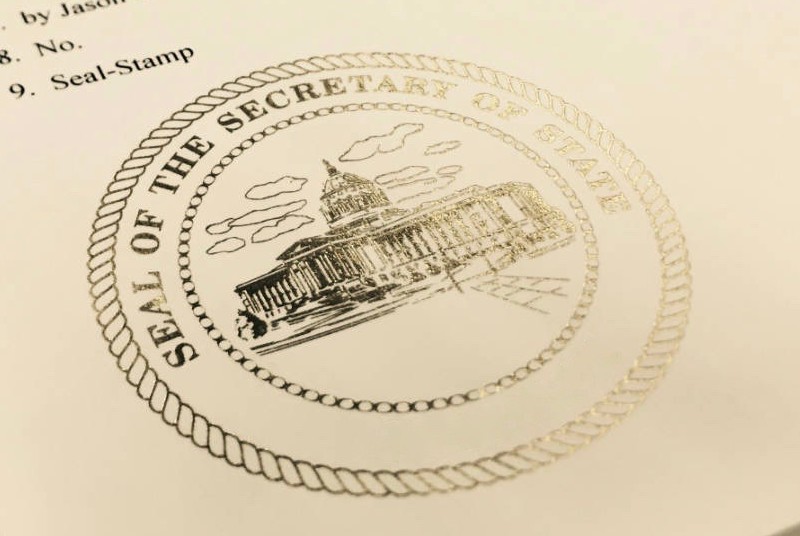

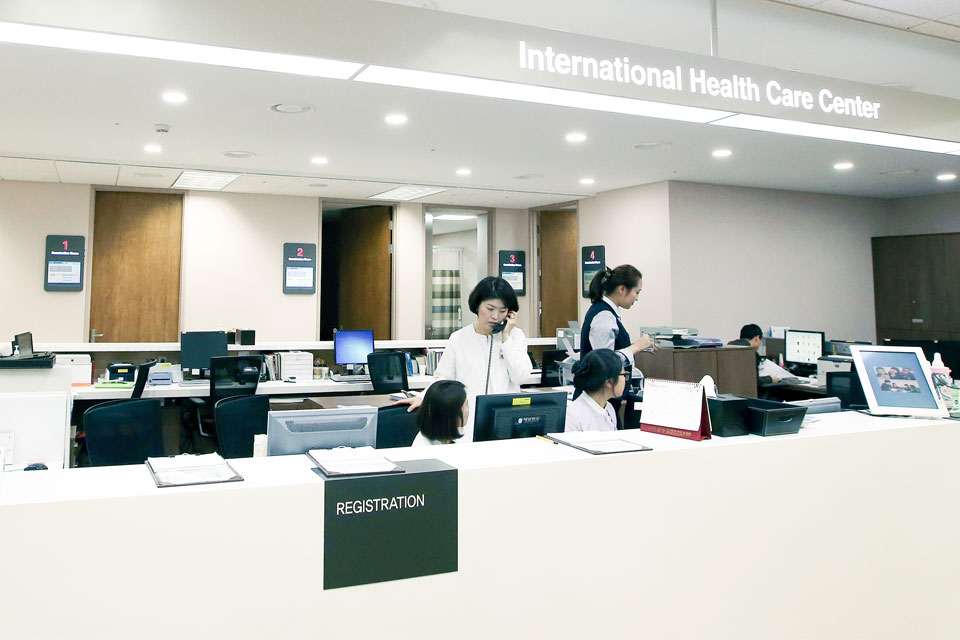
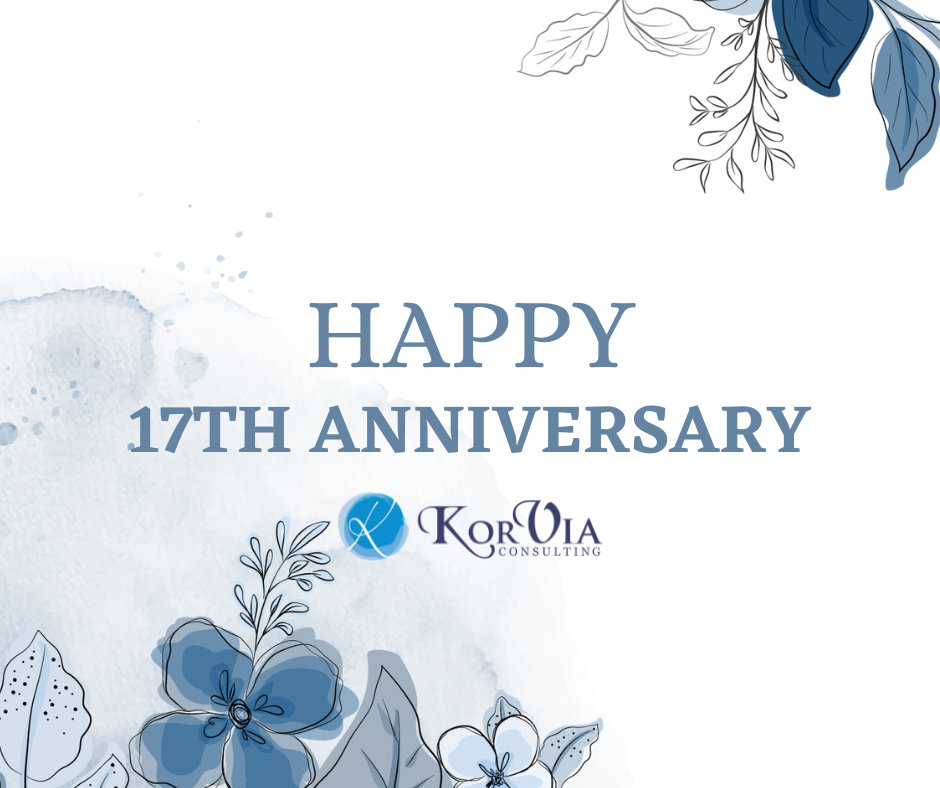
Why do you not discuss any of the peculiarities of a Korean adopted adult? My son, 25, is attempting to get an F-4 visa so that he can go to Korea to live with his birth parents (with whom he has recently reunited) for one year. He is working through the process and it is complex because of the many different names given to Korean official documents that are needed. My son was adopted by us at age 5 months after his birth. Can you point us to a resource to help. We are working with the embassy in Chicago. It is highly confusing.
Sounds like your son was born in Korea. Due to military service requirements I do not think he qualifies for an F4 visa until he is past 40.
He should have no problems traveling with a U.S. passport, which will allow him to stay as a tourist for 90 days.
Highly incorrect. Adoptees’ are fully exempt from military service as when they are adopted, they acquire foreign nationality. This completely voids the requirement of military service. I am the son which Mari Anne, my adoptive mother, was talking about. I have since acquired my F-4 visa and am residing in Korea as I type this. This specific visa was quite literally created for adoptees and I implore you to do more research as I did when I was applying for it.
I don’t have any documentation s, only have DNA records. I am US citizen. Is it possible to apply for F4 visa.
Hello,
If your parents have or had Korean citizenship before, you may be eligible for F4. But, we suggest contacting the Korean Consulate for more detailed and accurate guidance.
I am a U. S citizen currently in Korea taking care of my mother who is a Korean citizen. In order to apply for an F4 visa do I need to be in my own country or can I apply while in Korea or a neighboring country like Hong Kong or Japan?
Hello Mimi,
It is significantly more difficult to apply for the F4 visa when outside of your home country, but it should be possible.
Him Mini,
You can apply in Korea.